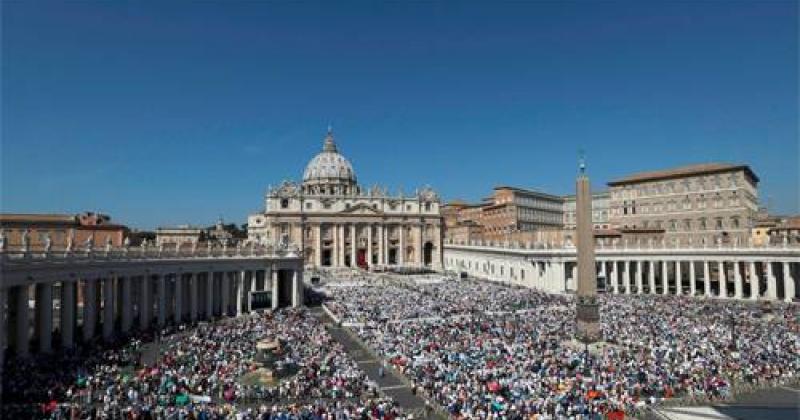Islamic State (IS) jihadists are spreading violence and death. The entire world is still shaken by the horrific murder of James Foley and Steven Sotloff, the two US journalists who were decapitated and the macabre scenes captured on video. International politics is trying to react but Muslim countries are expected to take more concrete initiatives.
But within civil society “many Sunni Muslims have raised their voices against IS, even though this is not always mentioned in the media. This is not just the case in the West but also in more conservative Muslim countries,” writes Popoli, the international monthly magazine of the Jesuits in Italy.
Among those who have spoken out against IS’ ferocity is the Grand Mufti of Saudi Arabia, Sheikh Abdul Aziz ibn Abdullah Al-Sheikh, who on August 19 called both IS and Al Qaeda “Islam’s number one enemies,” adding that they did not belong to the common faith of all Muslims. The Wahhabi movement, which backs the Saudi regime shares some of the terrorists’ doctrines but is averse to their violent approach and the destabilizing threat they pose.”
Key figures in the area have also condemned the attacks, Popoli goes on to say, starting with the Grand Mufti of Al-Azhar (Egypt), Shawqi Allam, who denounced IS as a threat to Islam. The Jesuit magazine also quotes the head of Turkey’s Religious Affairs Directorate, Mehmet Görmez, who said that "the statement made against Christians is truly awful. Islamic scholars need to focus on this (because) an inability to peacefully sustain other faiths and cultures heralds the collapse of a civilization.”
Similarly, Missione Oggi, a magazine published by the Saverian missionaries of Brescia (Italy), writes: “Iraq’s Muslims are not all ISIS (Islamic State of Iraq and Syria) extremists. Many are Muslims who want peace. Some have even died to defend Christians in Mosul. Mahmoud Al-‘Asali was a law professor who lectured on pedagogy at the University of Mosul. He was killed because he had the courage to tell ISIS’ militants that that was not the Kind of Islam he believed in. He was fully aware of the risk he was running in stating this publicly. He refused to become an accomplice to violence and pay for this with his life.”
The issue was also covered by Jesus magazine (September issue) in its “East east east” column. Jesus called the poor media coverage of Professor Al-‘Asali’s killing as a “sin of omission”. The monthly magazine published by Edizioni San Paolo explained that “his story shows that there are Muslims who are on the side of persecuted Christians. They are often referred to as “moderates” but this is too weak an adjective when one considers the incredibly high price such people often pay.”
Jesus recalls that the Iraqi professor’s case is not an isolated one and leads one to reflect on other situations where Muslim representatives have taken a stand against violent extremism: “Another Muslim, Judge Arif Iqbal Bhatti also paid a high price. He was assassinated in Lahore (Pakistan) in 1997 after he had been accused of acquitting two Christians – Rehmat Masih and Salamat Masih - accused of blasphemy three years earlier. “In 2011, another Pakistani Muslim, Salman Taseer, governor of the Punjab region, was put to death for trying to combat Islamic extremism and being excessively sympathetic to the cause of persecuted Christians. Salman Taseer defended Asia Bibi, the 45-year-old woman sentenced to death on charges of blasphemy and still awaiting a ruling on the appeal of her death sentence. Shahbaz Bhatti, the Christian minister for religious minorities had been working alongside him in support of this cause: both were killed within three months of each other.”
